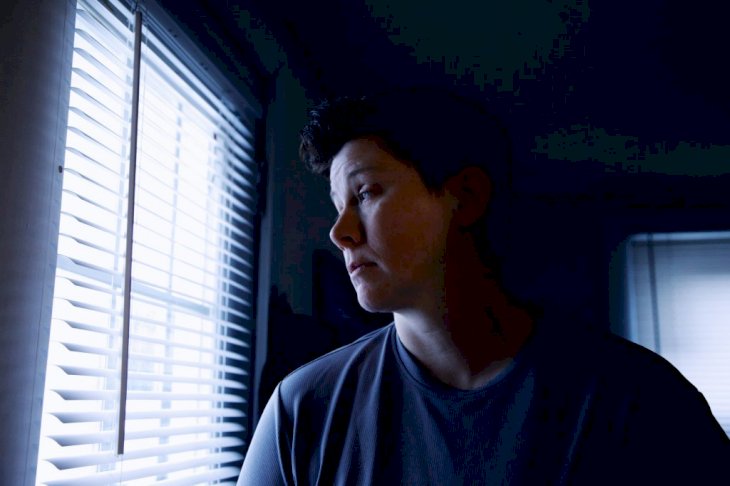
Cabin Fever: How To Stay Sane As Lockdown Stretches On
We’ve all stopped counting the days of lockdown, but that doesn’t mean the frustration is gone. For some, this time can be lonely, and always being at home with people can be suffocating for others.
Picture this: It’s a Friday evening, and all you need is a bubble bath to relax. This scenario is doable, but your roommate, who used to work nights at a bar, hogs the bathroom now, bringing you to the verge of a breakdown.
Schedules are clashing, space is becoming smaller, and tempers are running shorter and shorter. Cabin fever can get the best of us, especially during a lockdown, so we’ve found some ways to deal with it.
Cabin Fever Is Real

Photo by Verne Ho on Unsplash
Cabin fever may not be a medical ailment that you can get diagnosed with, but the feelings are real. Physiological experts have concluded that humans are social creatures who need interaction to thrive.
Psychotherapist Lucinda Gordon Lennox explores the reasons most people suffer from cabin fever. She suggests that the lack of interaction affects our sense of purpose. Being at home all day can feel stagnant.

Photo by Charl Folscher on Unsplash
“We are social creatures, and the lack of social connection is greatly contributing to this, along with lack of purpose, lack of routine, lack of predictability, a loss of sense of time, and the loss of our ‘normality’.”
Many people have been feeling stuck and down over the past few months because things haven’t changed. This also can result in negative moods and frustration taken out on the people you live with.
Practical Ways To Deal With Cabin Fever

Photo by JD Mason on Unsplash
Few people know that we have social connection systems, also known as the ventral vagal nerve. This nerve needs to be activated frequently, or the dorsal vagal nerve is stimulated, thus making you feel down.
Being social is fantastic for activating your social connection system, but it isn’t the only way to do so. There are many exercises, activities, and social solutions to help keep your ventral vagal nerve activated.

Photo by JESHOOTS.COM on Unsplash
For example, you can exercise your diaphragm by either singing or doing breathing exercises. You can also count on laughter to get that system going, so look out for your favorite comedic shows and movies.
Humans can also forge a vital connection by looking at each other, and Facetime calls count. Stretching also helps activate the ventral vagal nerve, proving that there is more than one way to skin a cat.
Get In Touch With Your Feelings

Photo by Shane on Unsplash
Although it is fantastic to find practical solutions to our issues, we shouldn’t neglect our feelings. Each day needs a different approach depending on how you are feeling. It’s essential to feel and understand yourself.
Checking in with yourself and practicing mindfulness go hand in hand. Meditation may help ground many during these tumultuous yet stagnant times. Connecting with a friend to talk things out is also helpful.

Photo by Ross Sneddon on Unsplash
Feeling like you’ve lost a sense of purpose is also a common theme with cabin fever. Acknowledge these emotions and find small things to give you some meaning while you can, like growing a herb garden.
There is no simple way to eliminate the feelings you may get during the lockdown, but there are ways to navigate them. We hope the tips above have given you enough insight to start your journey to a calmer state.